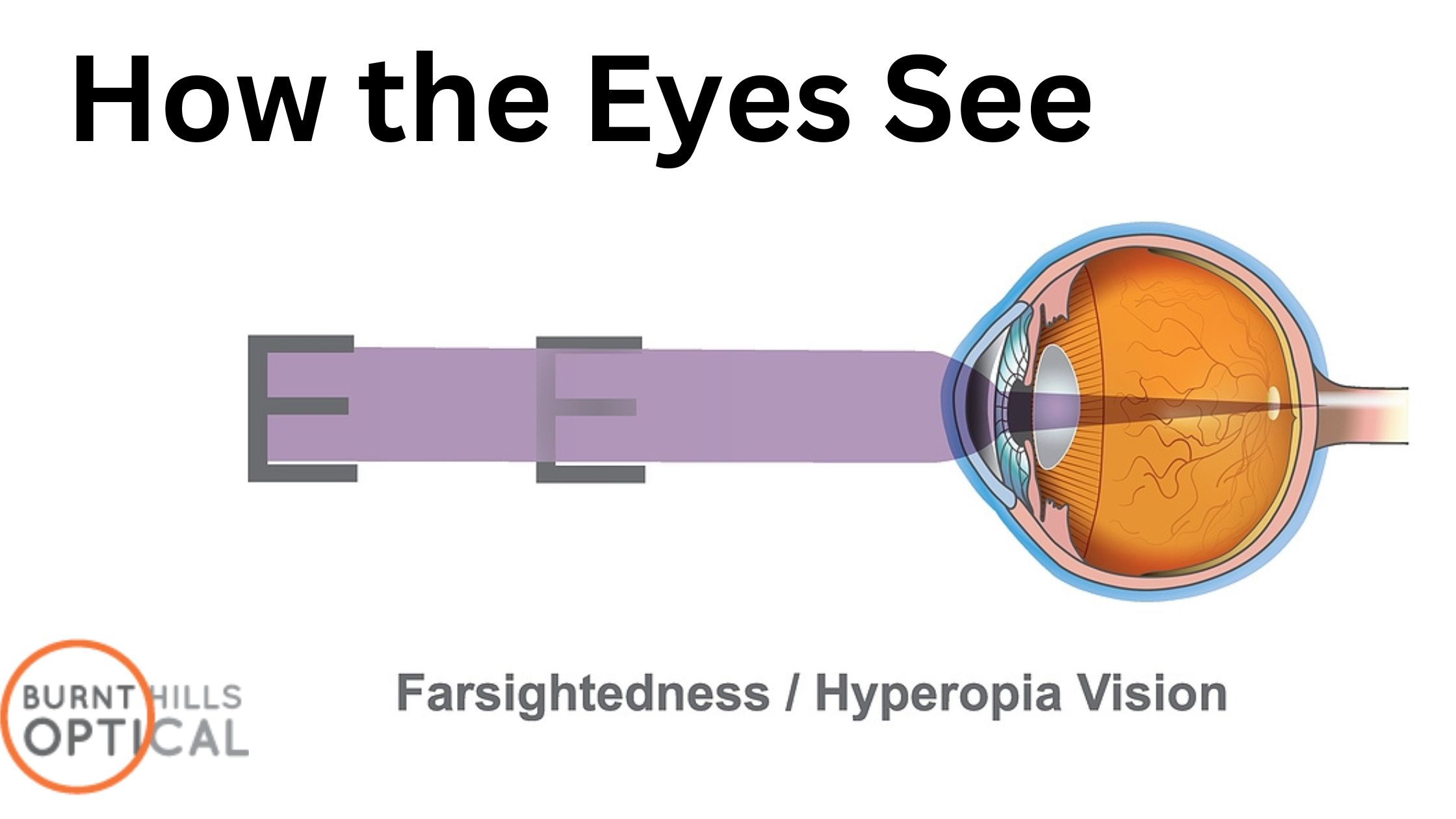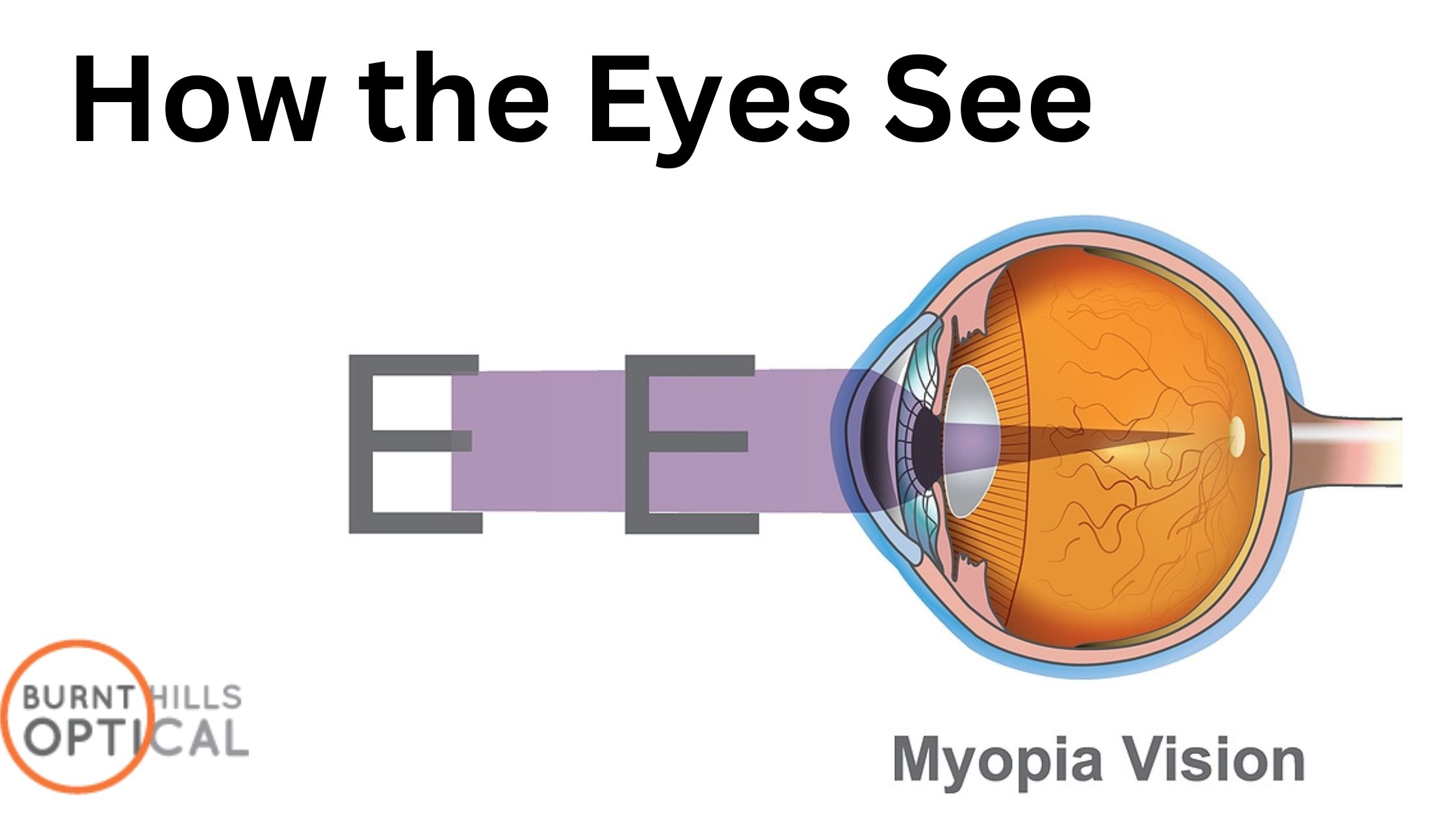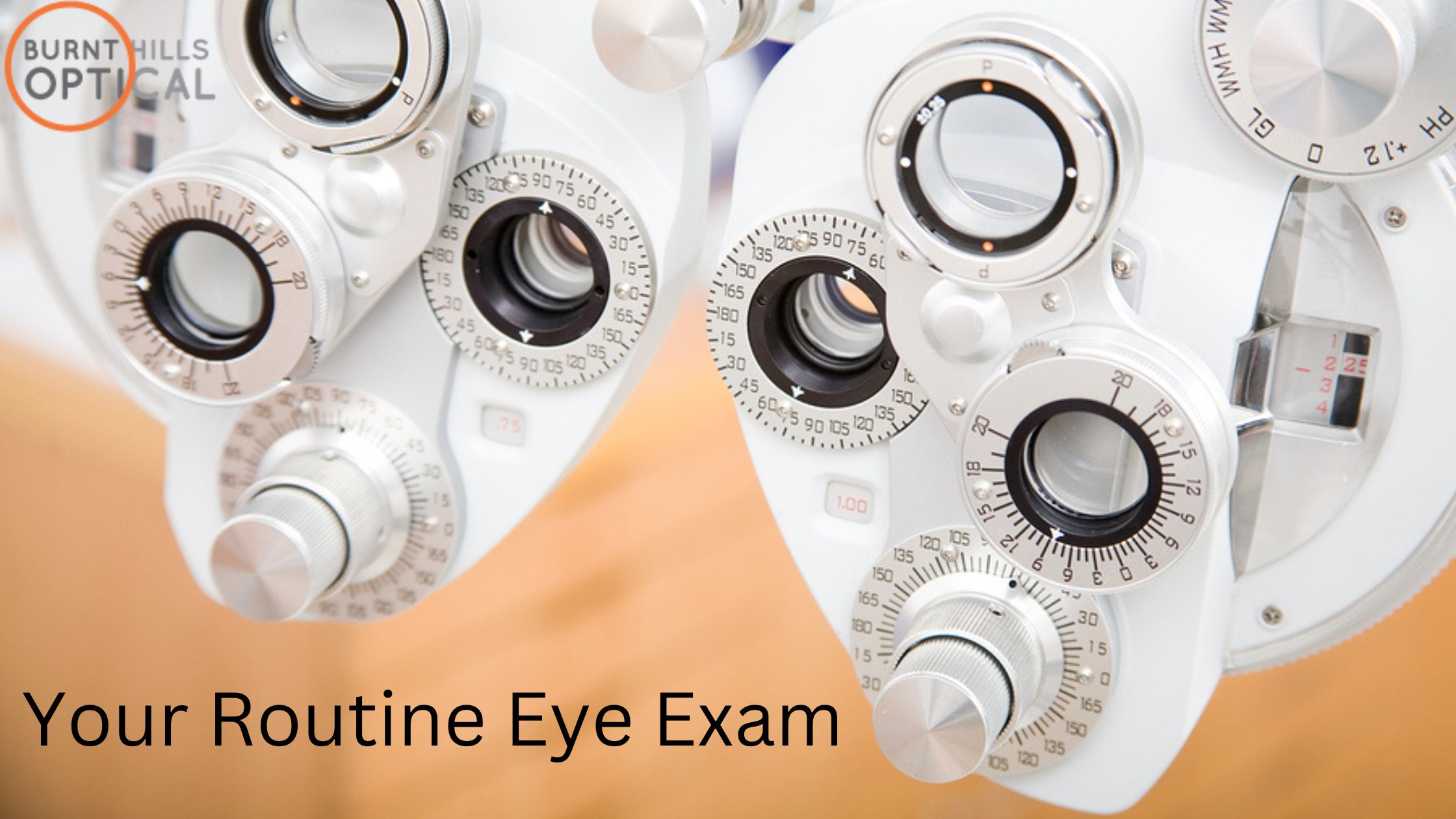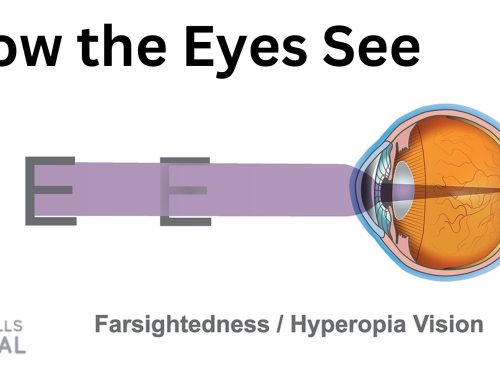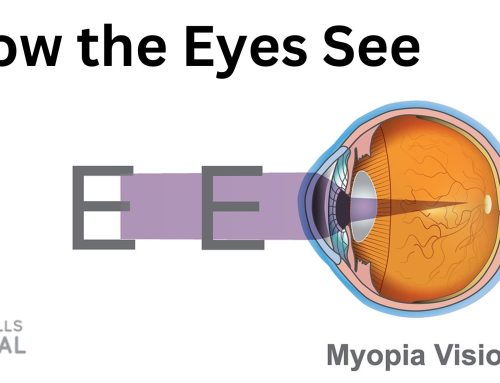A good education for your child means good schools, good teachers, and good vision. Your child’s eyes are constantly in use in the classroom and at play. So when his or her vision is not functioning properly, learning and participation in recreational activities will suffer. All parents want to see their children do well in school and do all they can to provide them with the best educational opportunities. But too often one important learning tool may be overlooked – a child’s vision.
As children progress in school, they face increasing demands on their visual abilities. The size of print in schoolbooks becomes smaller and the amount of time spent reading and studying increases significantly. Increased class work and homework place significant demands on the child’s eyes.
If your child is struggling at school, an undetected vision problem may be to blame. A child who is unable to see the board clearly or has a hard time focusing on the work at his desk will soon become frustrated. Parents and teachers should watch for signs that may signal vision problems; such as squinting, tilting the head to see better, frequent eye rubbing when your child is not sleepy, complaining of headaches or tired eyes, or closing one eye to read, watch TV or see better.
If you notice any of these signs in your child, schedule an appointment for a full eye exam. The doctor may determine that your child is nearsighted or farsighted, vision problems that are easily corrected. Unfortunately, parents and educators often incorrectly assume that if a child passes a school screening, then there is no vision problem. In reality, the vision skills needed for successful reading and learning are much more complex. Vision changes can occur without your child or you noticing them. A yearly exam allows your eye care practitioner to stay on top of your child’s visual needs, as well as ensure that your child’s prescription for eyeglasses or contact lenses is still correct. The visual system is developing along with your child, so annual prescription changes are common. The earlier a vision problem is detected and treated, the more likely treatment will be successful.
If you have any questions about this article or any other eye care issues, you can always ask us on our Facebook page or use our contact form. We promise a prompt response and would be happy to help ensure the health and well-being of your vision


